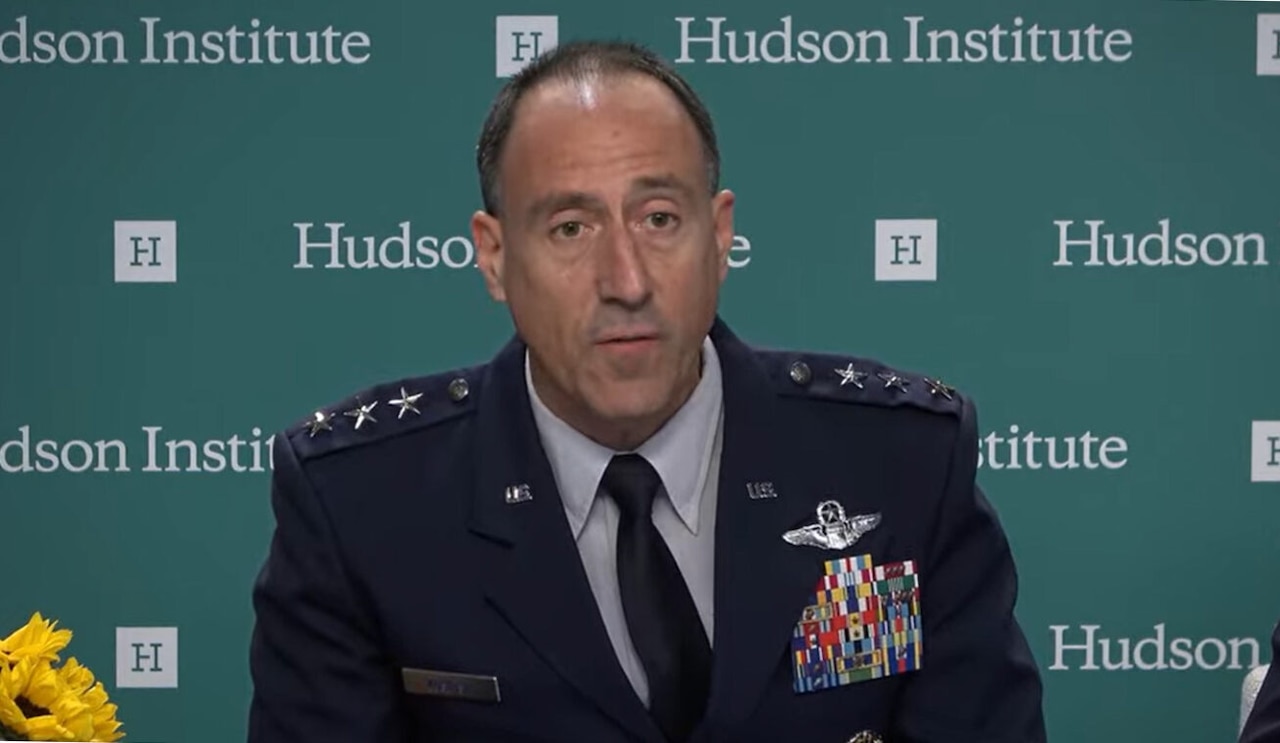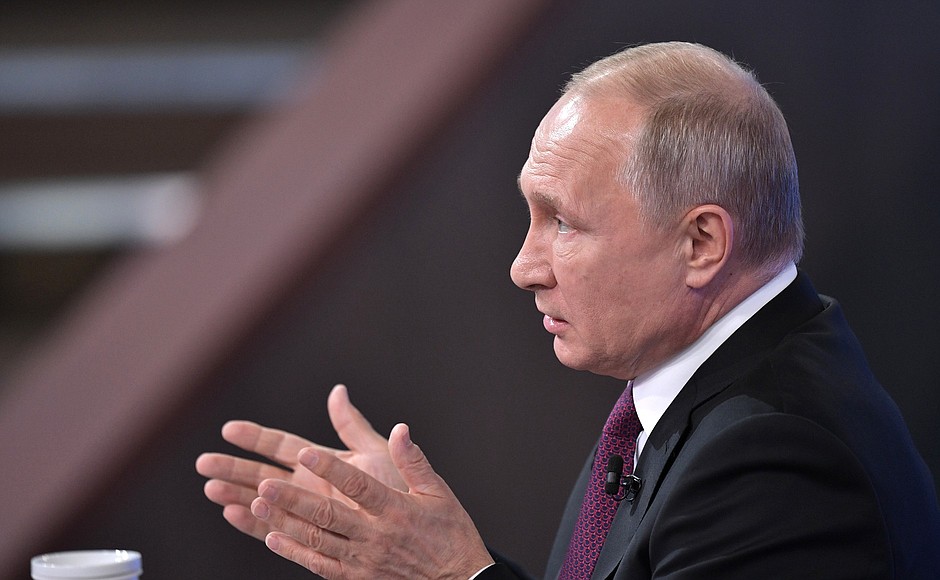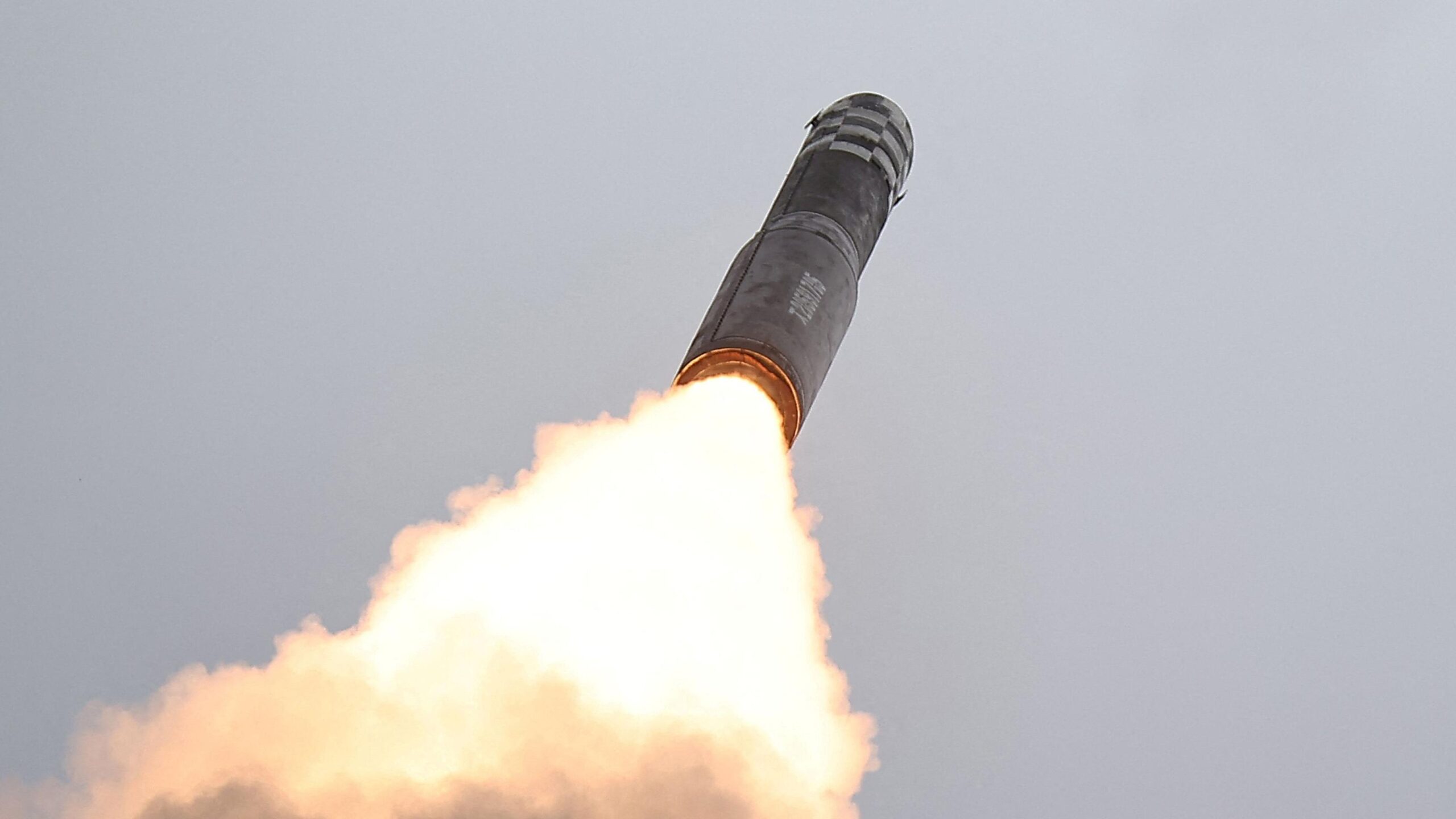In the last two years of fighting in Ukraine, Russians have not hesitated to initiate frontal assaults with no concern about sacrificing their own people, said Air Force Lt. Gen. Leonard J. Kosinski, Joint Staff logistics director.
Despite Ukraine’s ability to skillfully incorporate high-end technology into the fight, it’s imperative that they receive more munitions, he said today on a panel at the Hudson Institute in Washington, D.C.
“Sometimes you just need bullets to be able to fight against bullets and onslaughts of folks,” he said.
Over the last few decades, the U.S. has not adequately prepared itself for near-peer competition with mass production of munitions and other warfighting materiel, he said, adding the U.S. is now making better decisions to increase that capability.
The U.S. is also relying on the defense industrial bases of partners nations for sustainment to Ukraine, he said.
The Defense Department is preparing itself for the near-peer fight by investing in readiness and modernization in some creative ways — such as the replicator initiative, which will get weapons produced at speed and scale, he said.
Jan Jires, an official with the Czech Republic defense ministry, said that Europe’s contribution to Ukraine’s war effort has been far better than anyone expected.
For instance, a single German company is now producing more 155 mm artillery shells than the entire U.S. defense industry combined, he said.
“The combined value of European support to Ukraine, [in terms of] financial, humanitarian and military [assistance], has been larger than what came from the United States. And that’s a good thing,” Jires said.
That said, Europe should be doing even more, he added. “It’s in our vital interests.”
Rebeccah Heinrichs, a senior fellow at the Hudson Institute, said, “Ukraine needs weapons immediately.”
Getting supplemental [security assistance] passed benefits not just Ukraine, Taiwan and Israel, it also benefits the U.S. industrial base, she noted.
The American people need to be reminded why European security is directly related to U.S. security, she said.
“Russia remains not just an acute threat to the American people and to the United States of America, [but] it’s a chronic threat,” she said.




















Discussion about this post